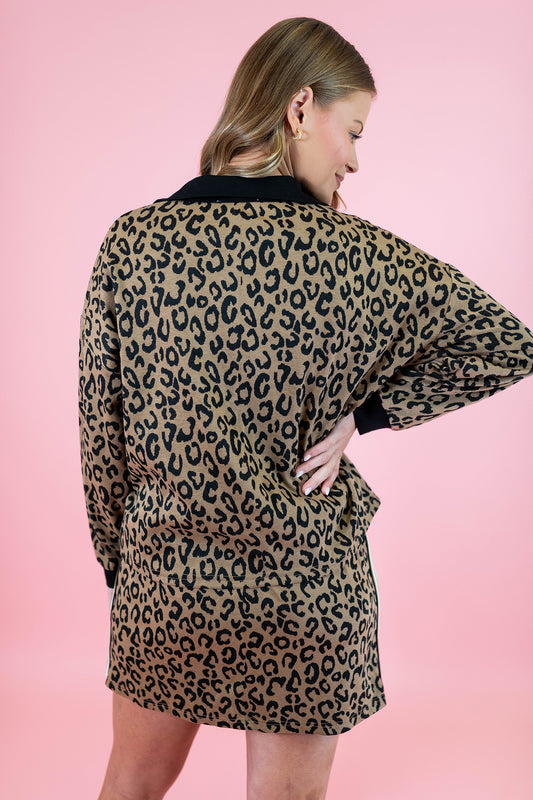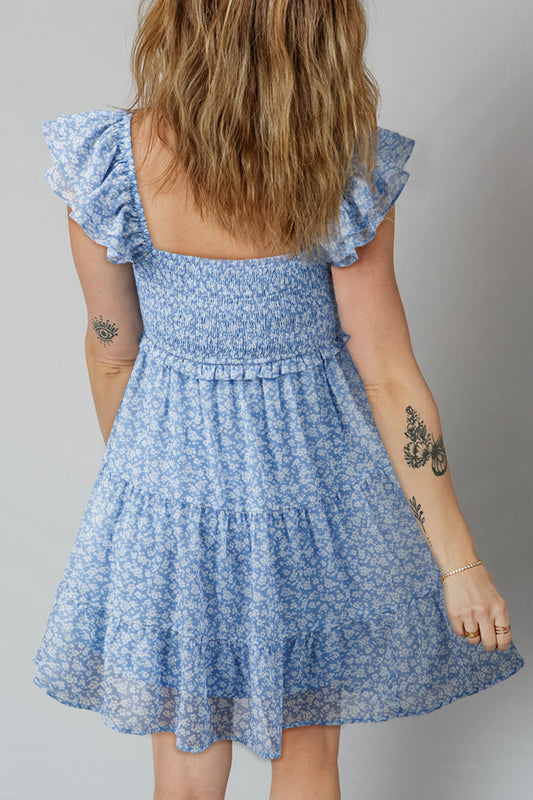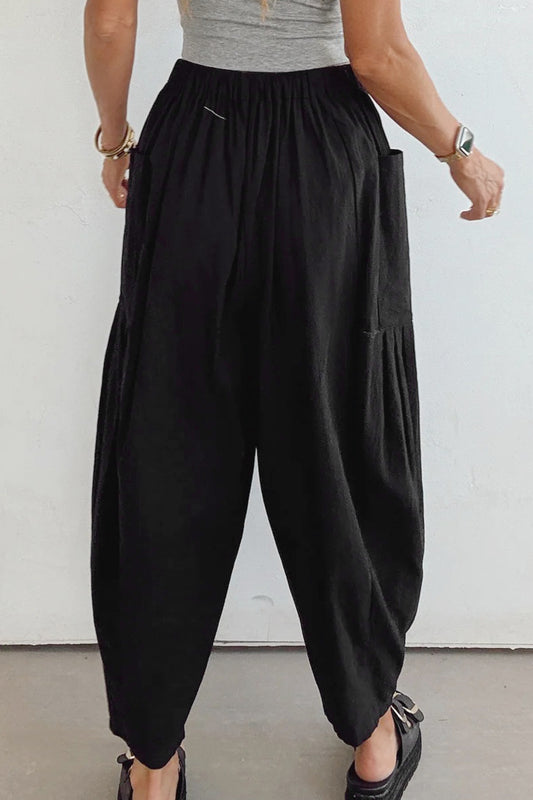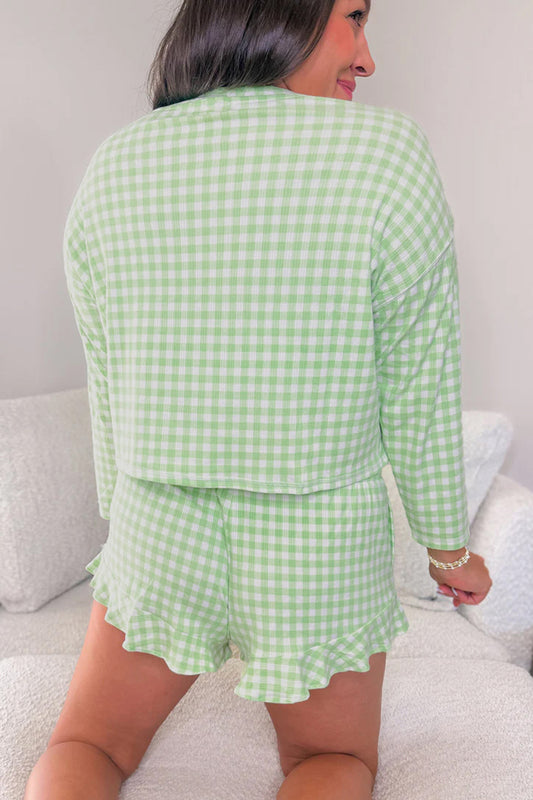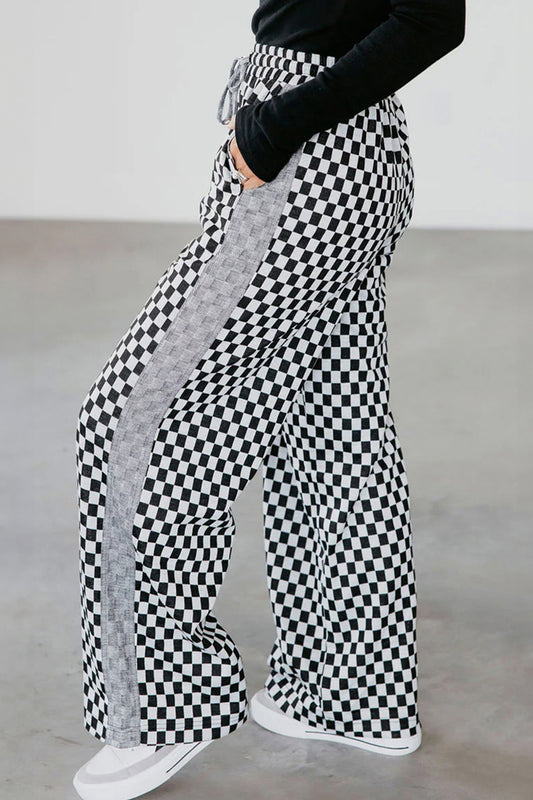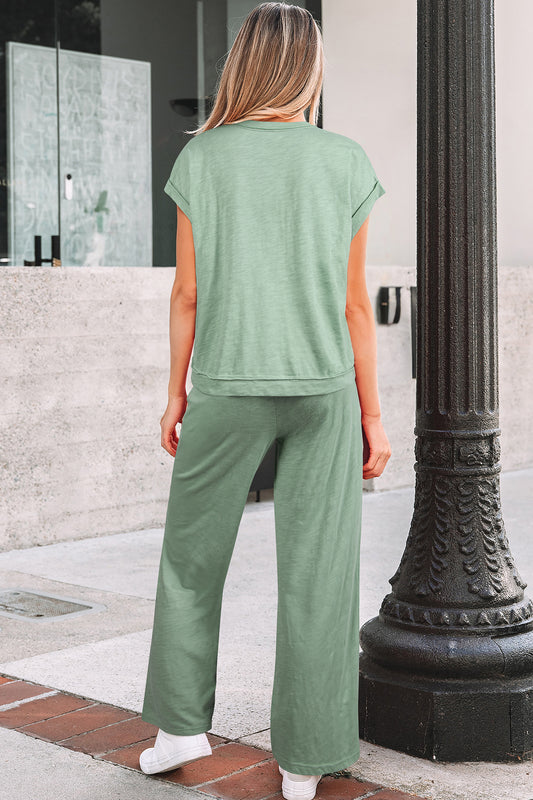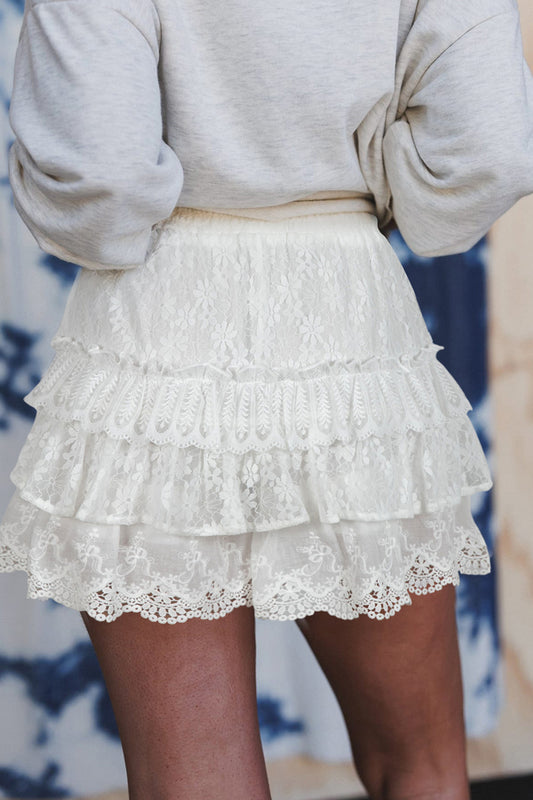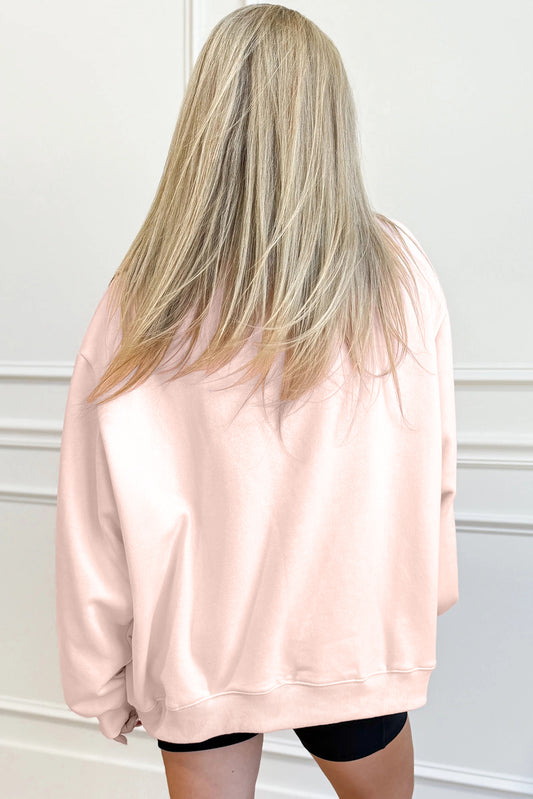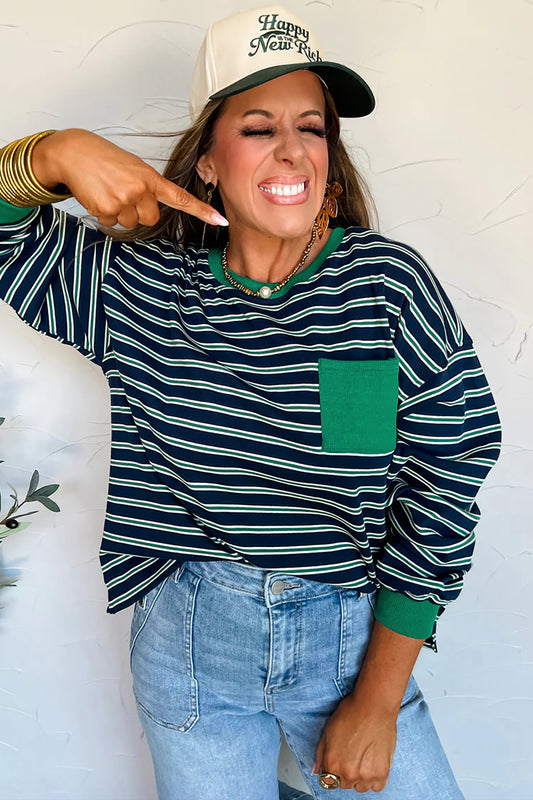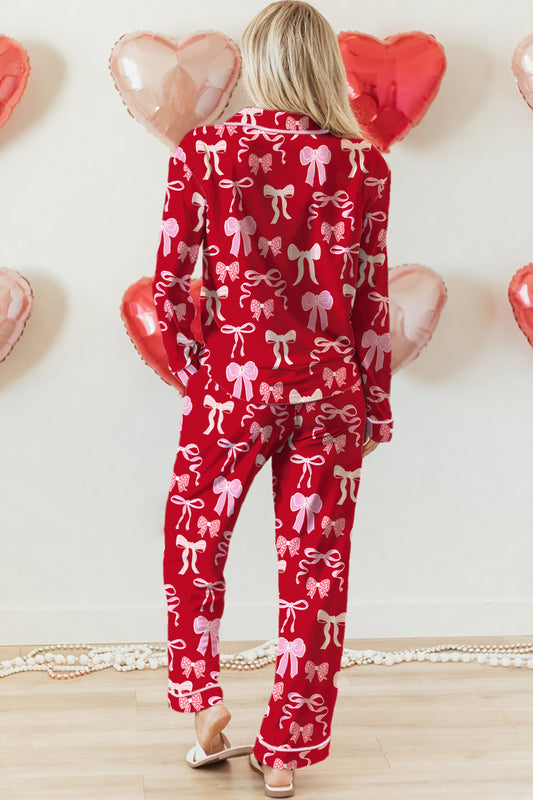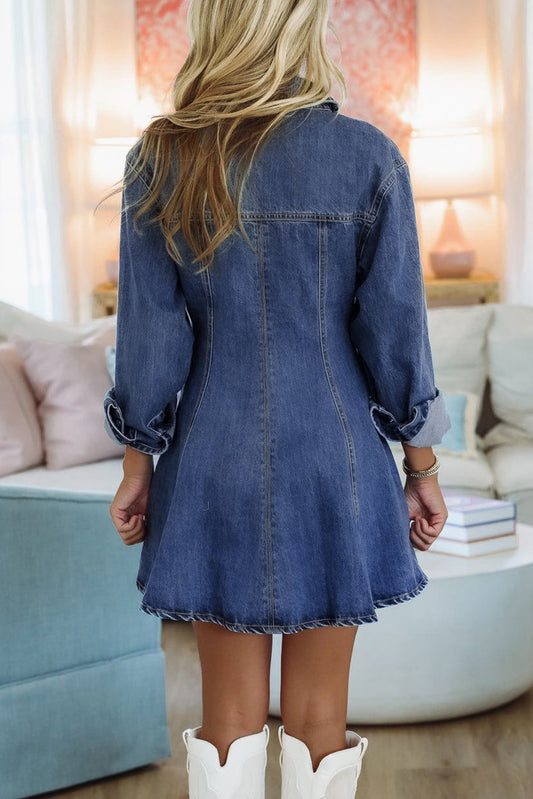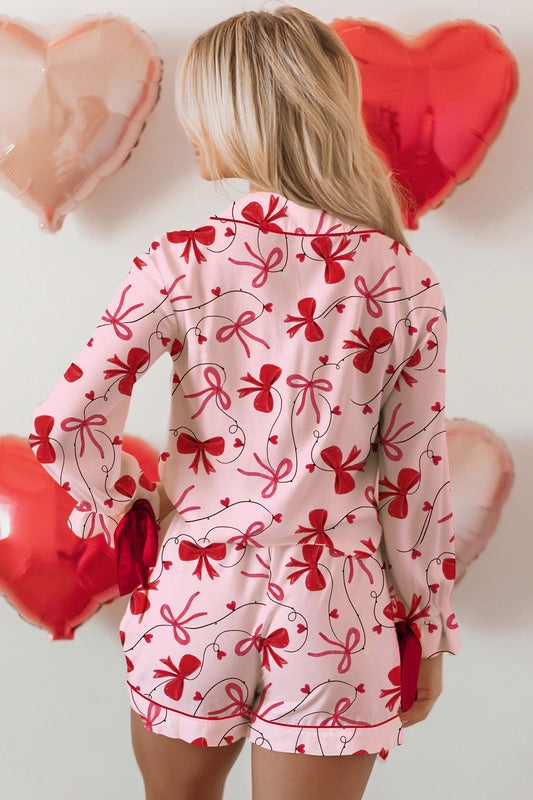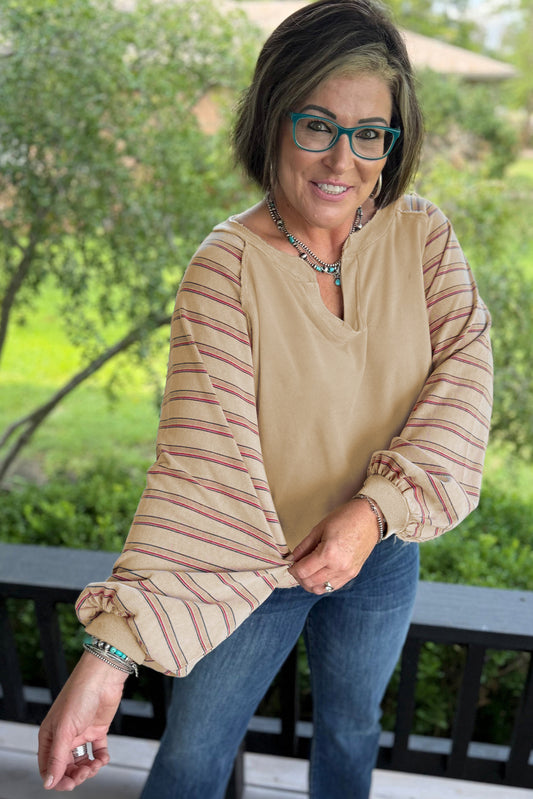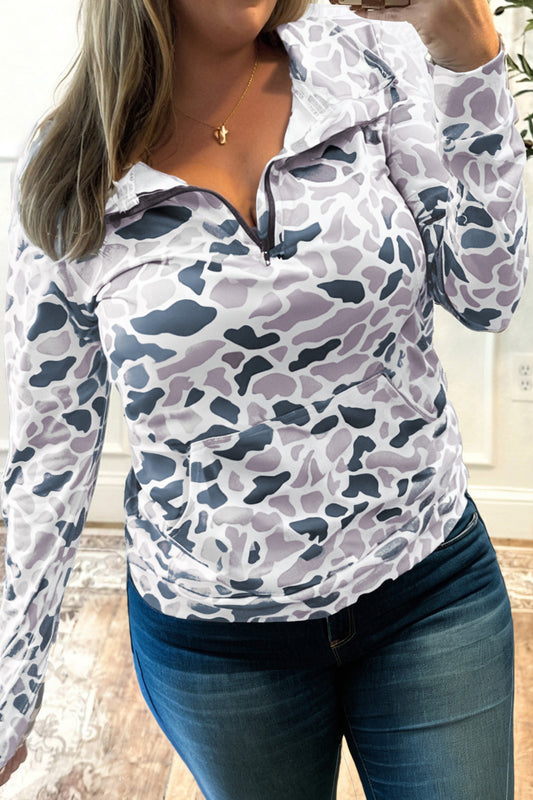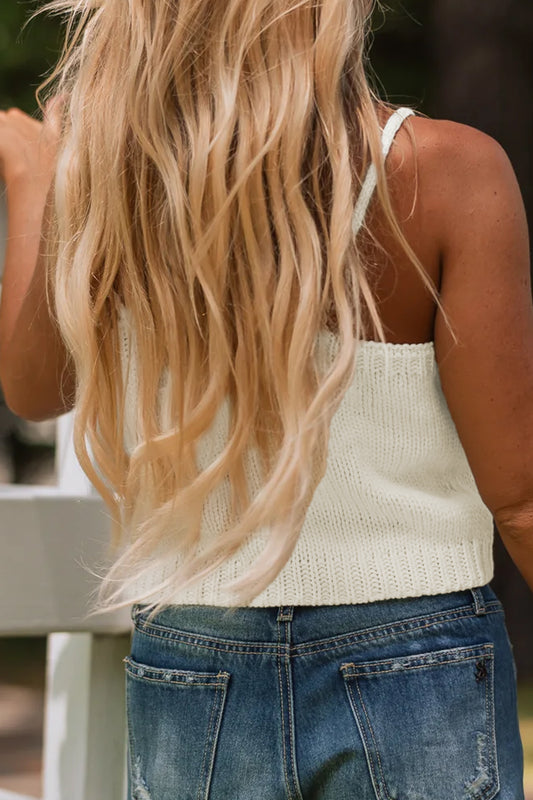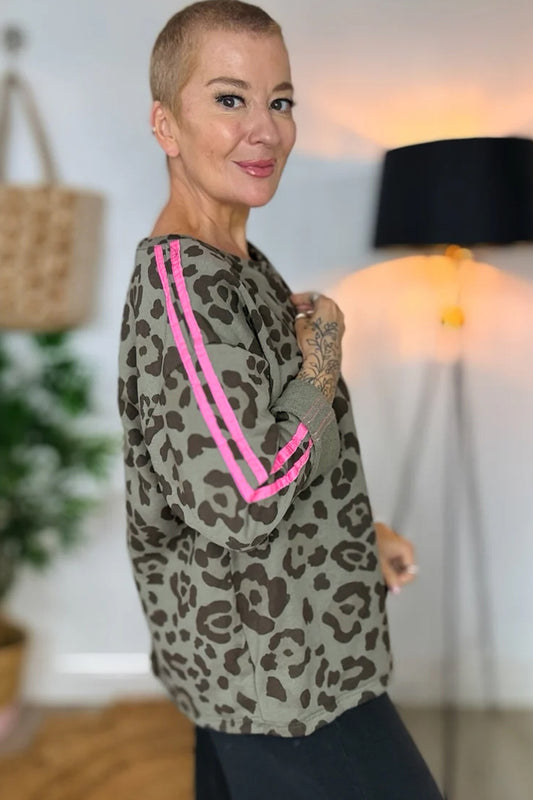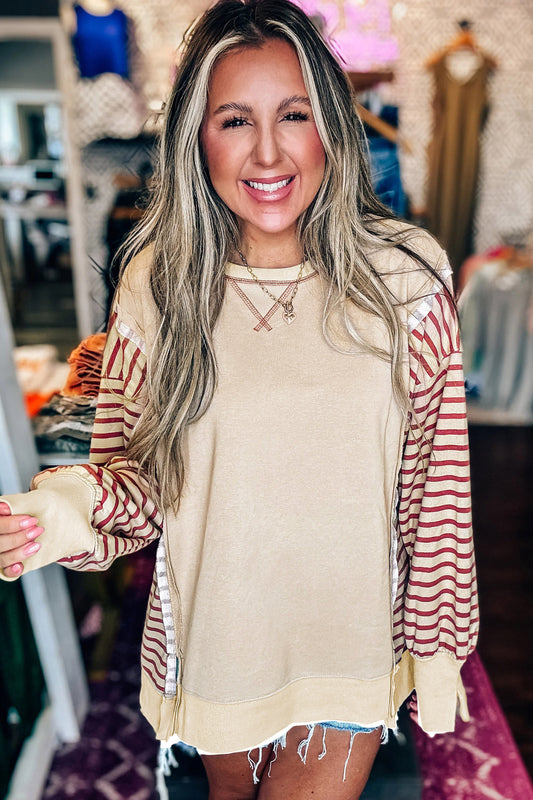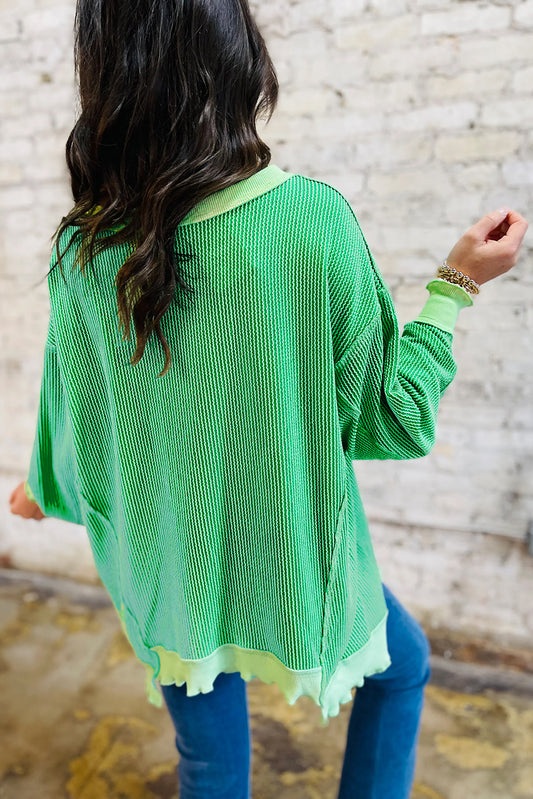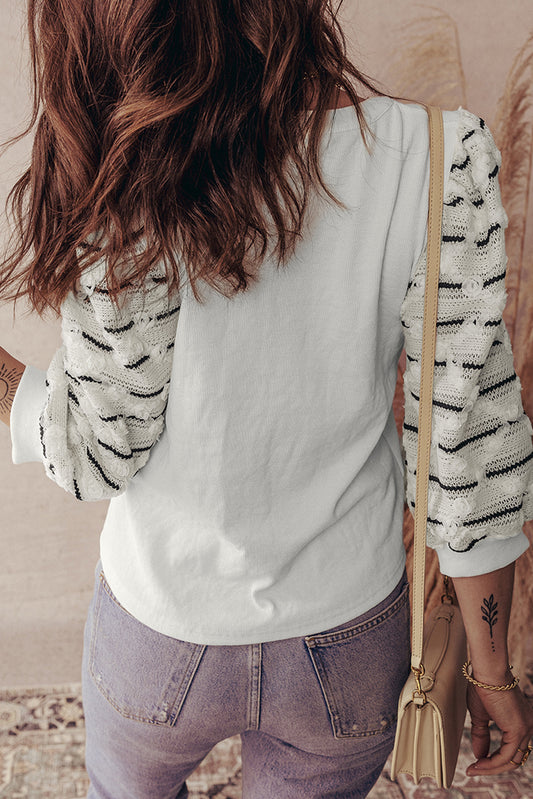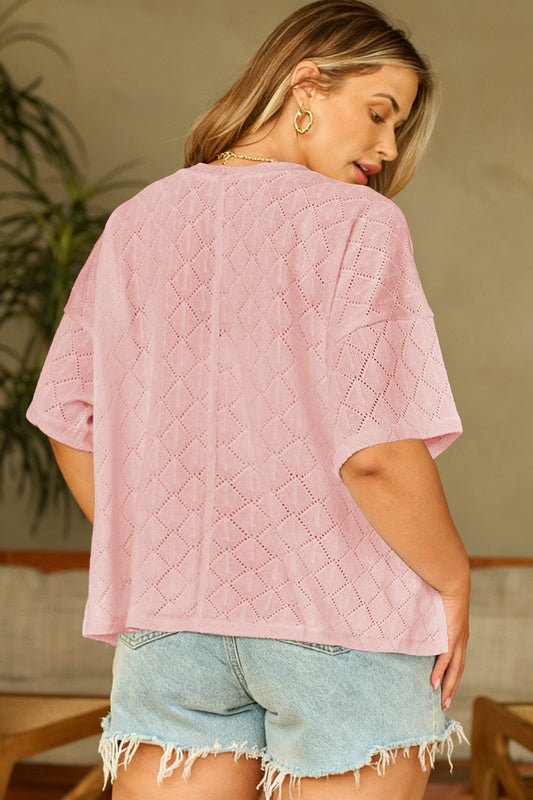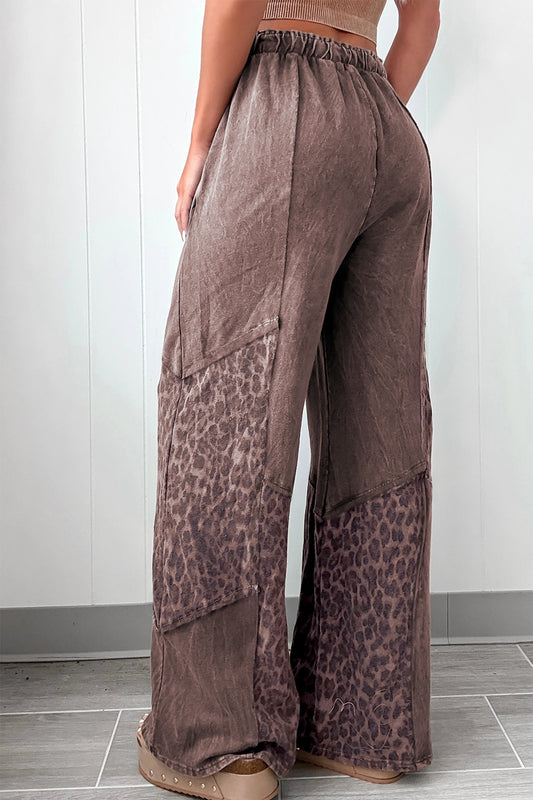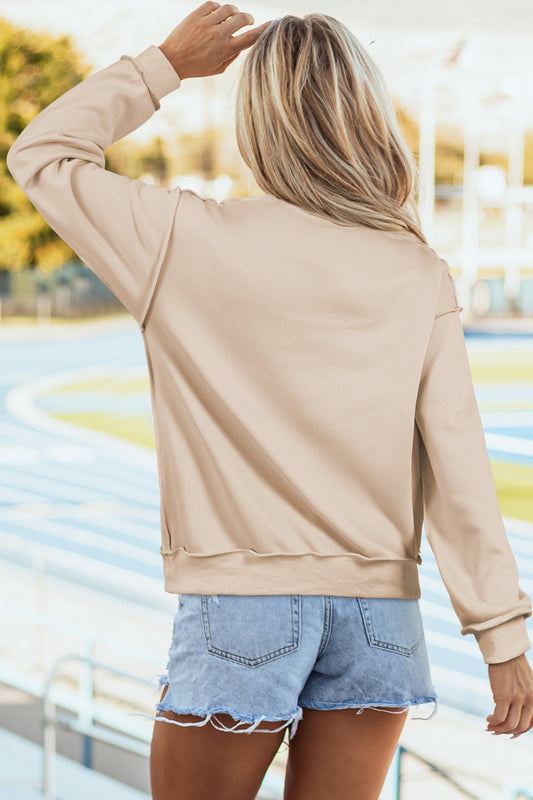
How Should A Woman Dress For An Interview If Her Job Is Mostly Casual?
In today's diverse workplace, figuring out how to dress for an interview when your potential job has a casual dress code can be challenging. You want to impress, but you also want to fit in with the company culture. This article guides you through the process of choosing the perfect outfit that balances professionalism with a casual vibe. By the end, you'll know how to dress to impress without overdoing it, ensuring you look polished, confident, and ready to take on the new role.
Table of Contents
- Understanding the Balance: Professionalism Meets Casual
- Elevating Casual: When Comfort Meets Professionalism
- Final Touches: Preparing for Specific Interview Scenarios
- Frequently Asked Questions (FAQ)
Understanding the Balance: Professionalism Meets Casual
When preparing for an interview at a company with a casual dress code, it’s crucial to strike the right balance between professional attire and the company’s laid-back culture. While it's tempting to go for a completely casual look, remember that an interview is your first opportunity to make a lasting impression. Dressing too casually can come off as underestimating the importance of the interview, while overdressing might make you appear out of touch with the company's environment.
1. Research the Company's Dress Code
Before you start planning your outfit, take some time to research the company’s dress code. A quick browse through their website, social media profiles, or even asking current employees can give you a good idea of what’s acceptable. For example, if the company operates within a creative industry, you might have more flexibility to incorporate fashionable yet professional elements into your outfit.
2. The Power of Smart Casual
Smart casual is often the best approach when you’re unsure of the dress code. This style allows you to blend comfort with professionalism. For instance, a tailored shirt paired with dark jeans or dress pants creates a polished yet approachable look. A blazer can also elevate a smart casual outfit, making it suitable for more formal settings without sacrificing comfort.
3. Choosing the Right Pieces
When it comes to selecting individual clothing items, think about versatility and subtlety. A well-fitted button-down shirt in a neutral tone can serve as the foundation of your outfit. Pair it with a knee-length skirt or dress pants for a clean and professional appearance. If the company leans more towards the casual side, dark jeans can be a great alternative. Ensure that whatever you choose is clean, pressed, and free of bold patterns.
Pro Tip: Subtlety is key in interview attire. Avoid overly bold patterns or flashy accessories, as they can distract from your qualifications and professionalism.
4. Footwear: Comfort Meets Elegance
Your choice of shoes can say a lot about your understanding of the company culture. Closed-toe shoes are generally a safe bet, offering a balance between formality and practicality. Comfortable shoes are essential, especially if you expect to be on your feet for part of the interview. Flats or low heels are excellent choices that provide both style and comfort without being too casual.
5. Grooming and Accessories: The Finishing Touches
Minimalist accessories and neat grooming can significantly enhance your overall appearance. Opt for minimalist jewelry and subtle makeup to maintain a polished look. Your hairstyle should be tidy and appropriate for the industry you’re interviewing in—whether that means a sleek ponytail or neatly styled waves. Remember, confidence comes from feeling comfortable in your skin, so choose accessories and grooming styles that make you feel your best.
"Confidence is your best accessory—dress for success by ensuring your look is polished, professional, and true to who you are."
In this first section of the article, we've explored the importance of finding the right balance between professionalism and casualness in your interview attire. By researching the company culture, opting for smart casual clothing, and paying attention to grooming and accessories, you can create a look that exudes confidence and fits the company's expectations.
Elevating Casual: When Comfort Meets Professionalism
Now that you have a solid foundation for your interview outfit, it's time to think about how to elevate your casual look without overdoing it. The goal is to create an ensemble that reflects your understanding of the company's culture while still conveying a sense of professionalism and readiness.
6. The Role of Layers: Blazers, Cardigans, and More
Layers can add dimension and sophistication to a casual outfit, making it more appropriate for an interview setting. A well-tailored blazer is a versatile piece that instantly transforms a simple shirt and pants combo into a more polished look. If a blazer feels too formal, consider a structured cardigan as a more relaxed alternative. Both options allow you to adjust your outfit depending on the environment—remove the outer layer if the setting is more casual or keep it on to maintain a professional appearance.
7. Choosing the Right Colors: Neutral Tones and Conservative Hues
When dressing for an interview, color choice is critical. Neutral tones like black, navy, gray, and beige are safe bets that convey professionalism and are easy to mix and match. Conservative colors are often preferred in a corporate environment, but don’t shy away from incorporating a subtle pop of color if it aligns with your personality and the company’s culture. For example, a soft pastel blouse under a dark blazer can add a touch of personality while remaining professional.
8. The Importance of Fit: Why Tailoring Matters
No matter how casual the dress code, ill-fitting clothes can make you look unkempt and unprepared. Investing in pieces that fit well—whether it's a knee-length skirt or a pair of dress pants—ensures that your outfit looks intentional and professional. If off-the-rack clothing doesn't fit perfectly, consider getting them tailored. A well-fitted outfit not only looks better but also boosts your confidence, allowing you to focus on the interview itself rather than worrying about your appearance.
9. Casual Doesn’t Mean Sloppy: Pay Attention to Details
Even if the company’s culture is laid-back, avoid the temptation to be too relaxed with your appearance. Ensure that your clothes are clean, pressed, and free from any signs of wear. Details matter—polished shoes, a lint-free blazer, and a neatly styled hairdo contribute to an overall polished look. Remember, the effort you put into your appearance reflects your respect for the opportunity and the company.
10. Accessories: Adding Personality Without Overpowering
Accessories are a great way to express your style while keeping your outfit appropriate for an interview. Stick to minimalist pieces that complement your outfit without overpowering it. A simple watch, small stud earrings, or a delicate necklace can add a touch of elegance without being distracting. The key is to choose accessories that enhance your look rather than dominate it.
Quick Tip: Consider the company’s industry norms when choosing accessories. For example, a creative startup might appreciate a statement piece that shows off your personality, while a corporate setting may require more subdued choices.
11. Navigating Seasonal Appropriateness
Dress appropriately for the season while maintaining a professional appearance. In warmer weather, opt for lightweight fabrics and breathable materials. A short-sleeved blouse or a dress shirt paired with a light cardigan can keep you cool while still looking sharp. In colder months, layering is key—think of a cozy yet professional sweater over a collared shirt, paired with dress pants or a knee-length skirt.
12. Confidence is Key: Dress to Feel Empowered
Ultimately, the most important aspect of your interview attire is how it makes you feel. When you dress in a way that makes you feel comfortable and confident, it shows. Confidence can set you apart from other candidates, so choose an outfit that allows you to focus on the conversation rather than worrying about your clothes. Whether it’s the fit, the color, or the accessories, make sure your outfit empowers you to present the best version of yourself.
In this second part of the article, we’ve delved into the nuances of creating an elevated casual look for your interview. By considering factors such as layers, color, fit, and accessories, you can craft an outfit that reflects both your professionalism and understanding of the company's culture. Remember, the details matter, and a well-thought-out outfit can leave a lasting impression that goes beyond the interview itself.
Final Touches: Preparing for Specific Interview Scenarios
As you near the end of your preparation, it's important to think about specific scenarios that might arise during your interview process. Whether it’s a virtual interview, a role in a creative industry, or navigating a company with a strong startup culture, your attire should adapt to meet these unique circumstances.
13. Virtual Interview Attire: Dressing for the Screen
In the age of remote work, virtual interviews have become increasingly common. While it might be tempting to dress more casually since you’re at home, it’s crucial to maintain a professional appearance. The key here is to focus on what’s visible on camera.
- Top Priority: Choose a well-fitted, neutral-toned top that contrasts with your background. A button-down shirt or blouse in a solid color works well.
- Grooming and Lighting: Pay extra attention to your grooming, as the camera can amplify small details. Ensure your hair is neatly styled, and makeup is applied subtly.
- Accessories: Keep accessories minimal, as anything too flashy can be distracting on screen.
Virtual Interview Tip: Position your camera at eye level and ensure your background is clean and uncluttered. This helps to keep the focus on you and your qualifications.
14. Dressing for a Creative Industry
If you’re interviewing for a role in a creative industry, you have more freedom to showcase your personal style. However, it’s still essential to balance creativity with professionalism.
- Elevated Casual: Think of incorporating a statement piece, like a bold blazer or unique jewelry, that reflects your creativity while maintaining a professional edge.
- Mixing Textures and Patterns: Creative roles often allow for a mix of textures and patterns. Pair a patterned skirt with a solid top, or add a touch of color with a unique scarf.
- Footwear: Fashionable yet professional shoes are a must. Consider stylish flats or ankle boots that add personality without sacrificing comfort.
15. Navigating Startup Culture: Casual, Yet Considered
Startups often have a relaxed dress code, but that doesn’t mean you should show up in your weekend wear. Here’s how to strike the right balance:
- Smart Casual: Opt for a mix of casual and professional elements. Dark jeans paired with a tailored shirt or blouse strikes the right note. A cardigan can add a layer of professionalism without being too formal.
- Confidence through Simplicity: Keep your outfit simple but polished. Clean, well-fitting clothes convey that you are serious about the role, even in a laid-back environment.
- Footwear: Comfortable shoes, like loafers or low heels, work well in a startup environment. Avoid overly casual options like sneakers unless you’re certain they’re acceptable.
16. The Subtle Power of Statement Pieces
Statement pieces can be a powerful way to express your personality, especially in environments that appreciate individuality. Whether it’s a unique piece of jewelry, a brightly colored blouse, or an interesting scarf, these elements can make your outfit stand out.
- Less is More: Limit your statement pieces to one or two items to avoid overwhelming your look.
- Alignment with Company Culture: Ensure that your statement piece aligns with the company’s culture and the role you’re applying for. A bold necklace might be perfect for a creative role but too much for a corporate environment.
17. Dressing for Success: Final Thoughts
Your interview attire should be a reflection of your professionalism, your understanding of the company culture, and your personal style. Whether you’re navigating a virtual interview, a role in a creative industry, or the casual atmosphere of a startup, the key is to feel confident and comfortable in what you’re wearing.
- Preparation is Key: Plan your outfit in advance to avoid last-minute stress. Make sure everything is clean, pressed, and ready to go the night before.
- Attention to Detail: Small details, like polished shoes and minimal, neat accessories, can make a big difference in your overall appearance.
- Confidence is Your Best Accessory: No matter what you wear, your confidence will be your most impactful accessory. Dress in a way that makes you feel powerful, poised, and ready to conquer the interview.
In this final section, we’ve covered how to adapt your interview attire to specific scenarios, from virtual interviews to roles in creative industries and startup cultures. By paying attention to the unique demands of each situation, you can ensure that your outfit not only fits the occasion but also enhances your confidence and professionalism.
Frequently Asked Questions (FAQ)
1. Can I wear jeans to an interview if the job has a casual dress code?
Yes, you can wear jeans, but it's important to choose the right pair. Opt for dark jeans with a tailored fit, as they appear more polished and professional. Avoid distressed or overly casual styles, and pair your jeans with a dressy top, like a tailored shirt or blouse, and a blazer to elevate the look.
2. Is it okay to wear open-toed shoes to a casual interview?
Open-toed shoes can be acceptable depending on the company culture, but closed-toe shoes are generally safer for interviews. If you decide to wear open-toed shoes, ensure they are professional, clean, and well-maintained. Avoid overly casual sandals or flip-flops.
3. How should I dress for a video interview if I’m working in a creative industry?
For a video interview in a creative industry, aim for a blend of professional and creative. Wear a bold, patterned top or a statement piece of jewelry that shows your personality, but keep the rest of your outfit professional. Ensure that your top contrasts with your background and that your grooming is impeccable, as the camera will highlight details.
4. Should I avoid bright colors in my interview outfit?
Bright colors can be appropriate if they align with the company culture and are used sparingly. It’s best to incorporate them as accents rather than the main color of your outfit. For example, a bright scarf, a colorful blouse under a neutral blazer, or a statement accessory can add personality without being overpowering.
5. What kind of makeup is appropriate for a casual interview?
Keep your makeup subtle and natural. Focus on enhancing your features rather than making a bold statement. A light foundation, neutral eyeshadow, a touch of mascara, and a subtle lip color are usually sufficient. Avoid overly dramatic makeup looks that might distract from your professional appearance.
6. Can I wear a dress to a casual interview?
Yes, you can wear a dress, but choose one that is appropriate for the workplace. A knee-length dress in a neutral color or subtle pattern is a good choice. Pair it with a cardigan or blazer to add a layer of professionalism. Avoid overly casual sundresses or dresses that are too tight or revealing.
7. What if I’m interviewing in a hot climate—how should I dress?
In a hot climate, choose lightweight, breathable fabrics such as cotton or linen. A short-sleeved blouse or dress shirt with dress pants or a knee-length skirt is appropriate. You can also opt for a dress, but ensure it’s not too casual. Stay away from fabrics that wrinkle easily and avoid heavy layers.
8. Should I consider the company’s tattoo policy when dressing for an interview?
Yes, it's important to be mindful of the company's tattoo policy. If you’re unsure about their stance on visible tattoos, it’s safer to cover them during the interview. You can wear long sleeves or a blazer to keep tattoos hidden. Once you have a better understanding of the company culture, you can adjust accordingly.
9. Is it okay to wear casual accessories like a baseball cap or a large handbag?
Avoid casual accessories like baseball caps, large handbags, or anything that might appear too informal or unprofessional. Stick to minimalist, polished accessories that complement your outfit, such as a simple watch, a small handbag or briefcase, and understated jewelry.
10. What should I wear to an interview for a part-time or freelance position?
Even for part-time or freelance positions, it’s important to dress professionally. Opt for business casual attire, such as a blouse and dress pants, or a smart casual outfit. Your attire should show that you take the opportunity seriously, regardless of the job type. If the role involves client-facing work, lean towards more professional attire.
This concludes our comprehensive guide on how to dress for an interview when your job is mostly casual. Remember, the right outfit can make a significant impact, so take the time to choose attire that reflects your professionalism and personality. If you need inspiration or the perfect pieces to complete your look, explore our curated collections here, here, and here.




